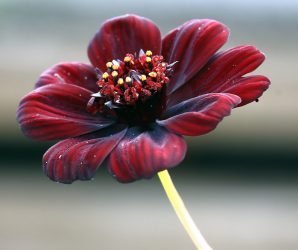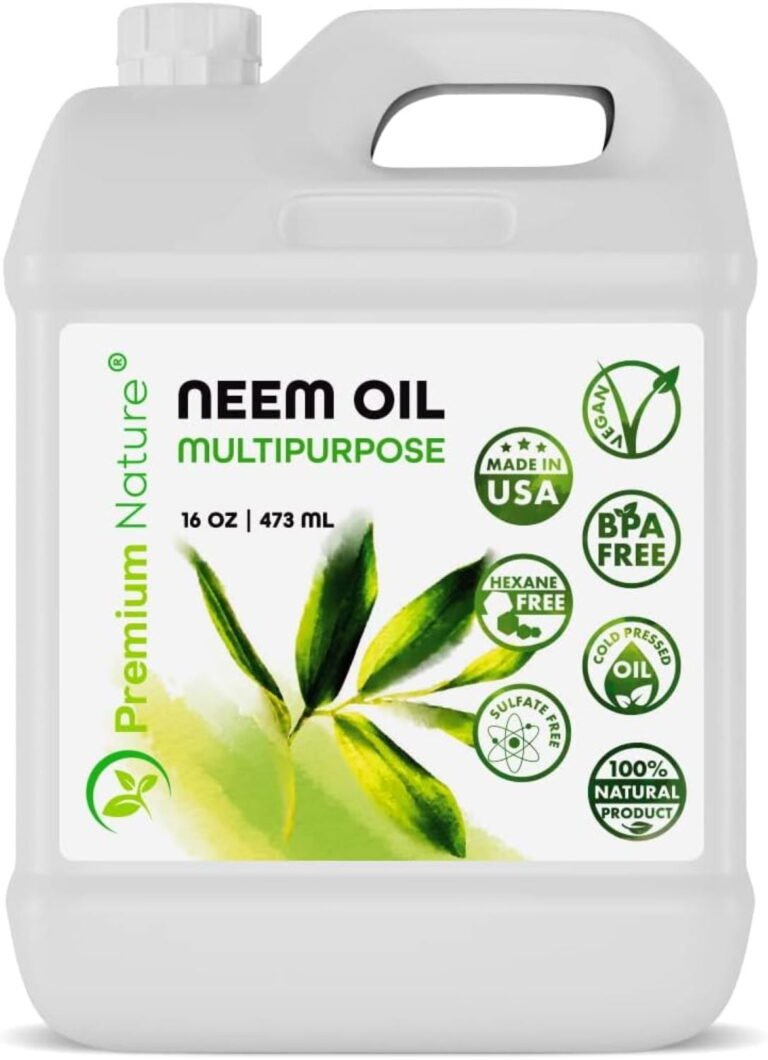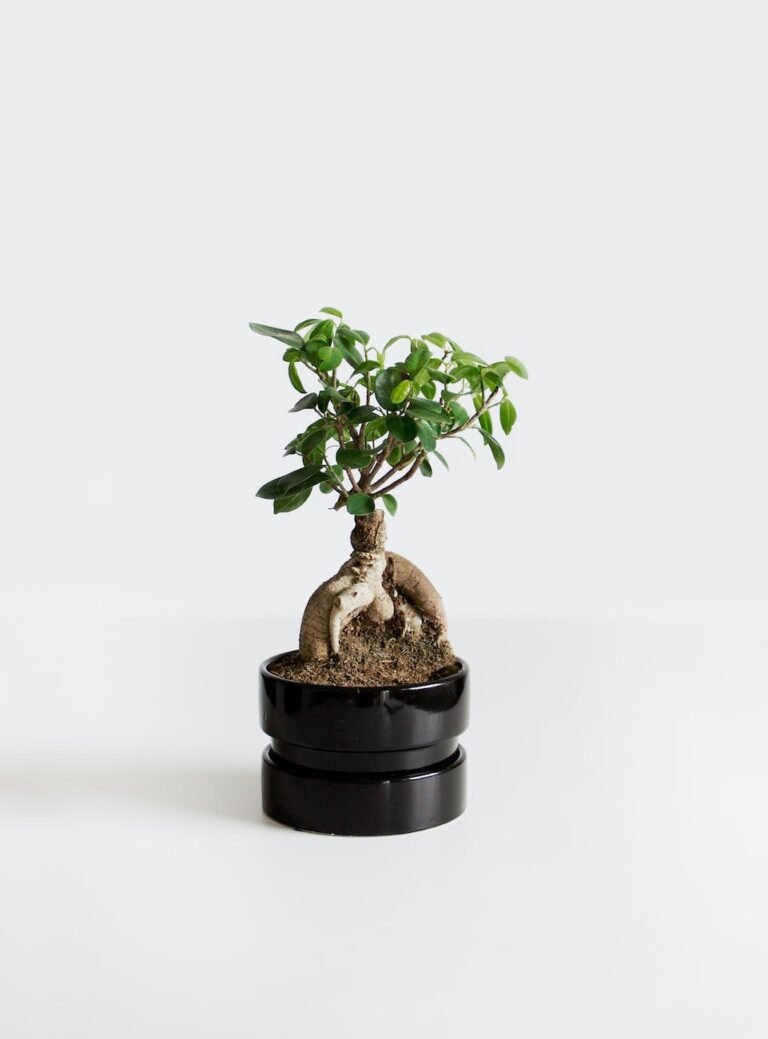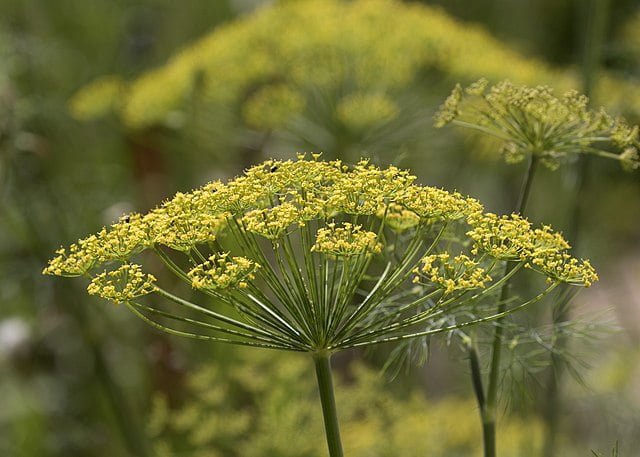Beneficial Bugs: Your Garden’s Best Friends
Hello, dear gardeners! Today, we’re shifting focus from our green, leafy companions to a different kind of garden ally – insects! Yes, you read that right. While we often regard bugs as pests to be banished, some of them can actually be extremely beneficial for our gardens. So, let’s meet these tiny superheroes that help to maintain a healthy ecosystem in our backyards.
Ladybugs
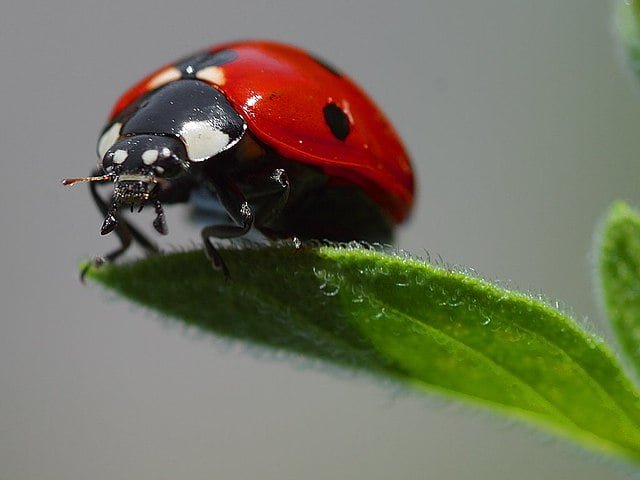
These spotted beetles are voracious predators in the insect world. Both the adults and the larvae feed on aphids and other soft-bodied insects, helping to keep these pests in check. Consider attracting ladybugs to your garden by planting marigolds, fennel, and dill.
Green Lacewings

Don’t be fooled by their delicate appearance; green lacewing larvae are excellent hunters. They devour a wide range of garden pests, including aphids, whiteflies, mites, and caterpillars. Adult lacewings, on the other hand, feed on nectar, pollen, and honeydew.
Bees

We all know that bees are essential for pollination, which is crucial for our plants to produce fruits and vegetables. They are attracted to a wide range of plants, including sunflowers, lavender, and mint. Provide a bee-friendly habitat by avoiding the use of harmful pesticides and offering a diverse array of native plants.
Predatory Wasps
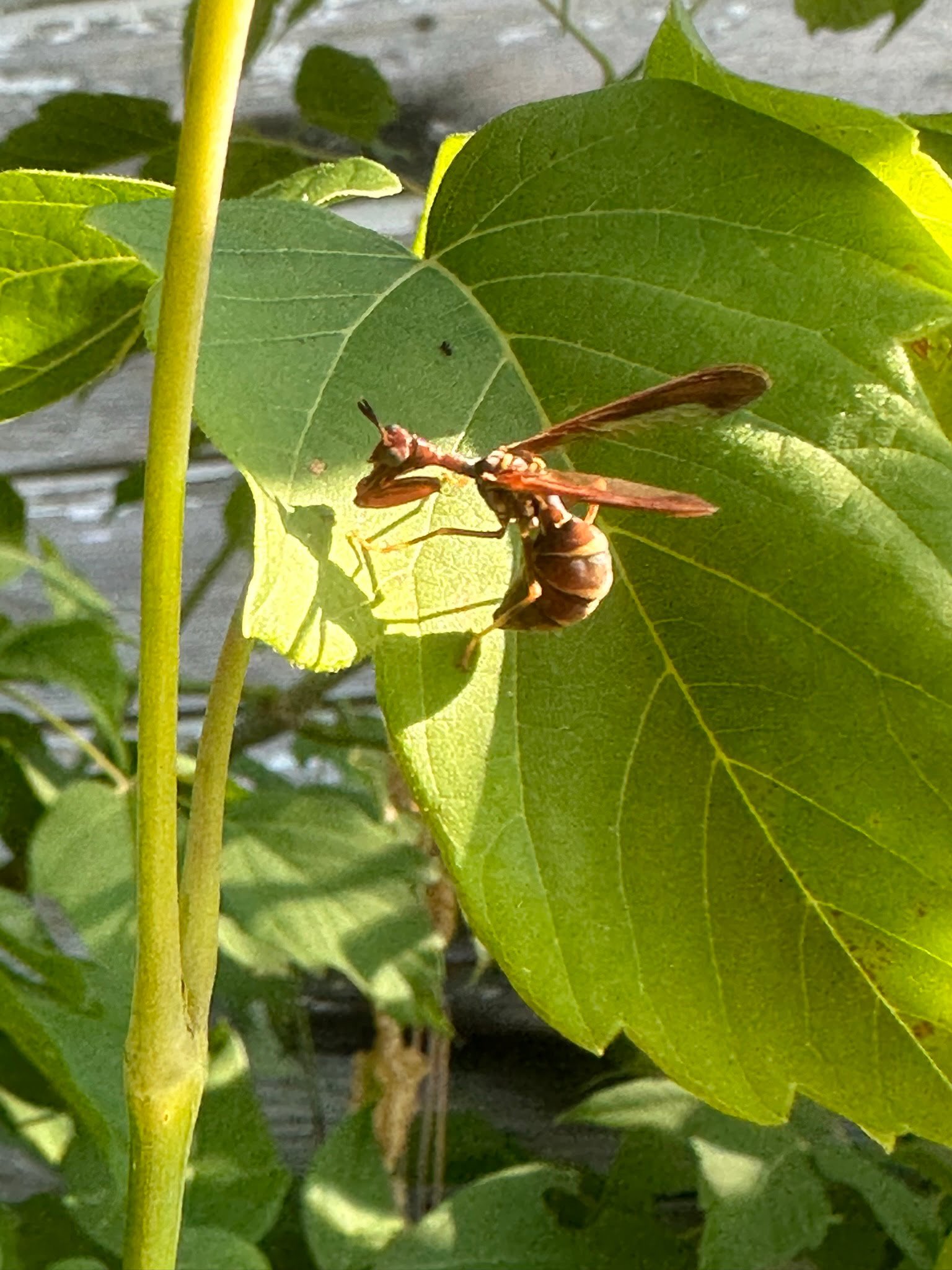
Though they may not be the friendliest bugs in the garden, predatory wasps play a crucial role in pest control. They lay their eggs inside or on host insects, and when the larvae hatch, they consume the host. By doing so, they naturally manage pests like caterpillars, beetle larvae, and aphids.
Earthworms
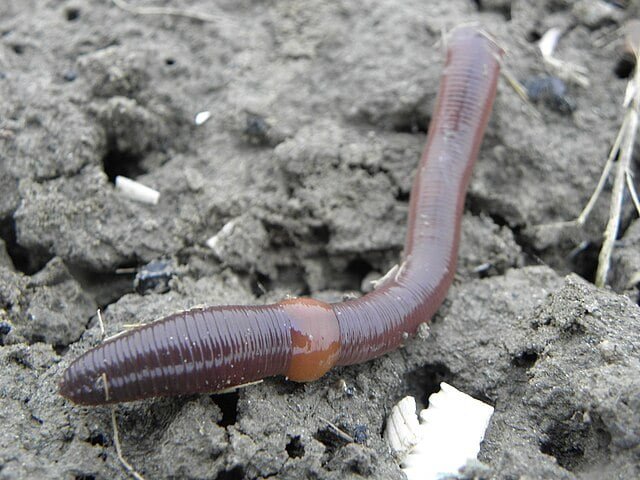
While not an insect, this list wouldn’t be complete without earthworms. They are nature’s tillers and soil enrichers. As they burrow through the ground, they aerate the soil and leave behind nutrient-rich castings, providing an excellent natural fertilizer for your plants.
Remember, not all bugs are pests. Many insects form the backbone of a thriving garden ecosystem by controlling pests and aiding in pollination. Encourage these beneficial bugs by minimizing pesticide use and providing habitats such as native plants, insect hotels, and water sources.

